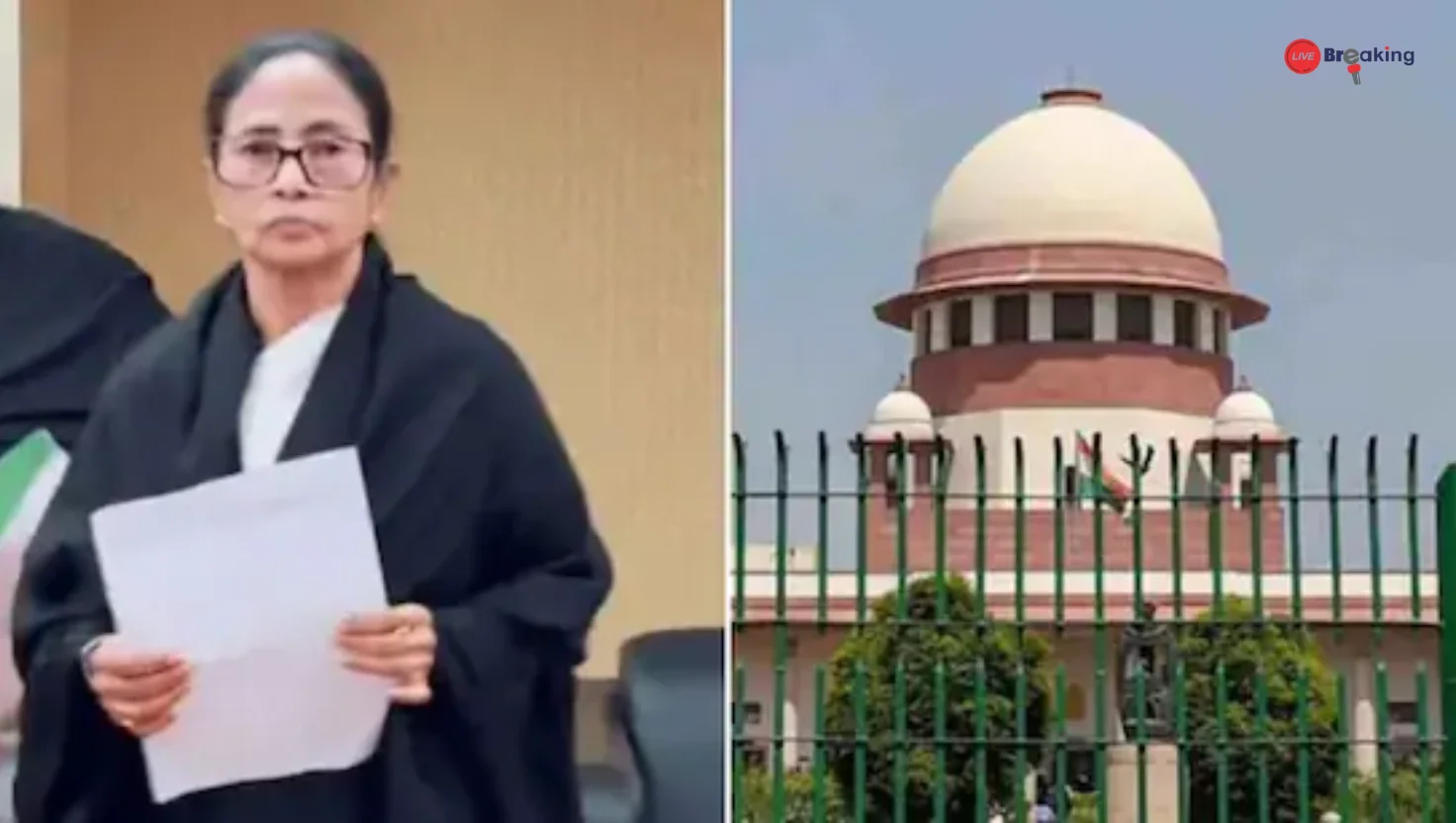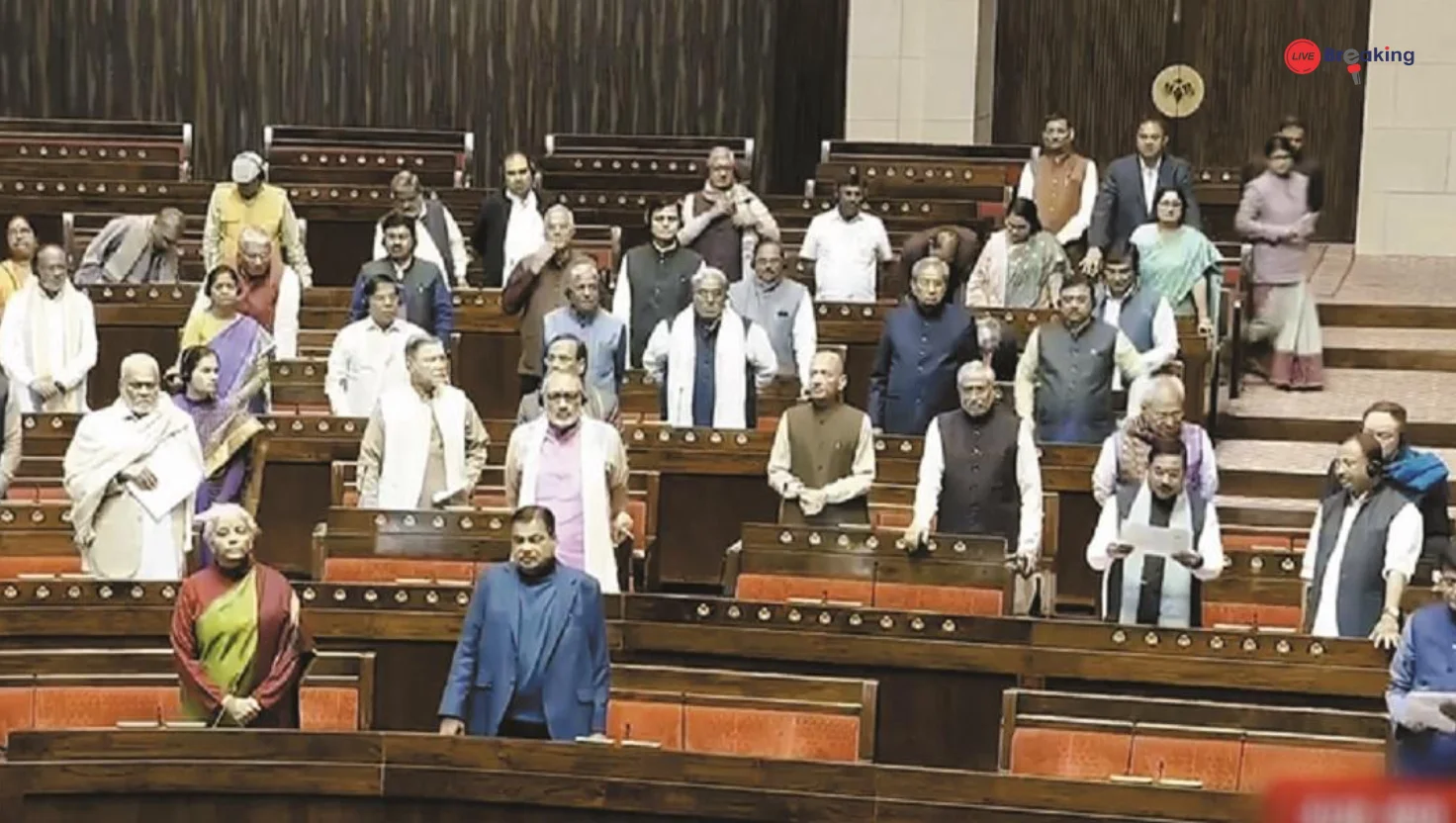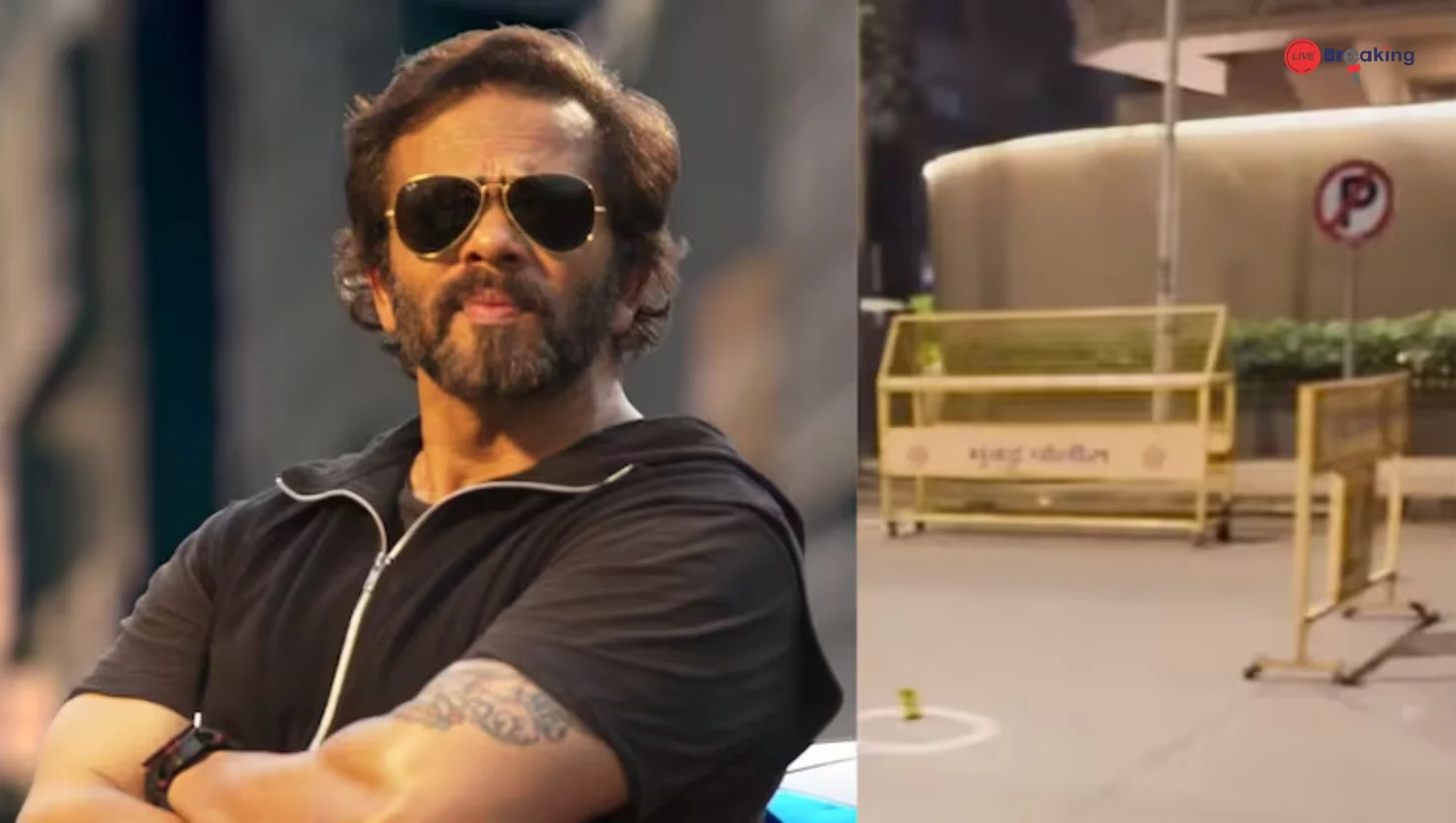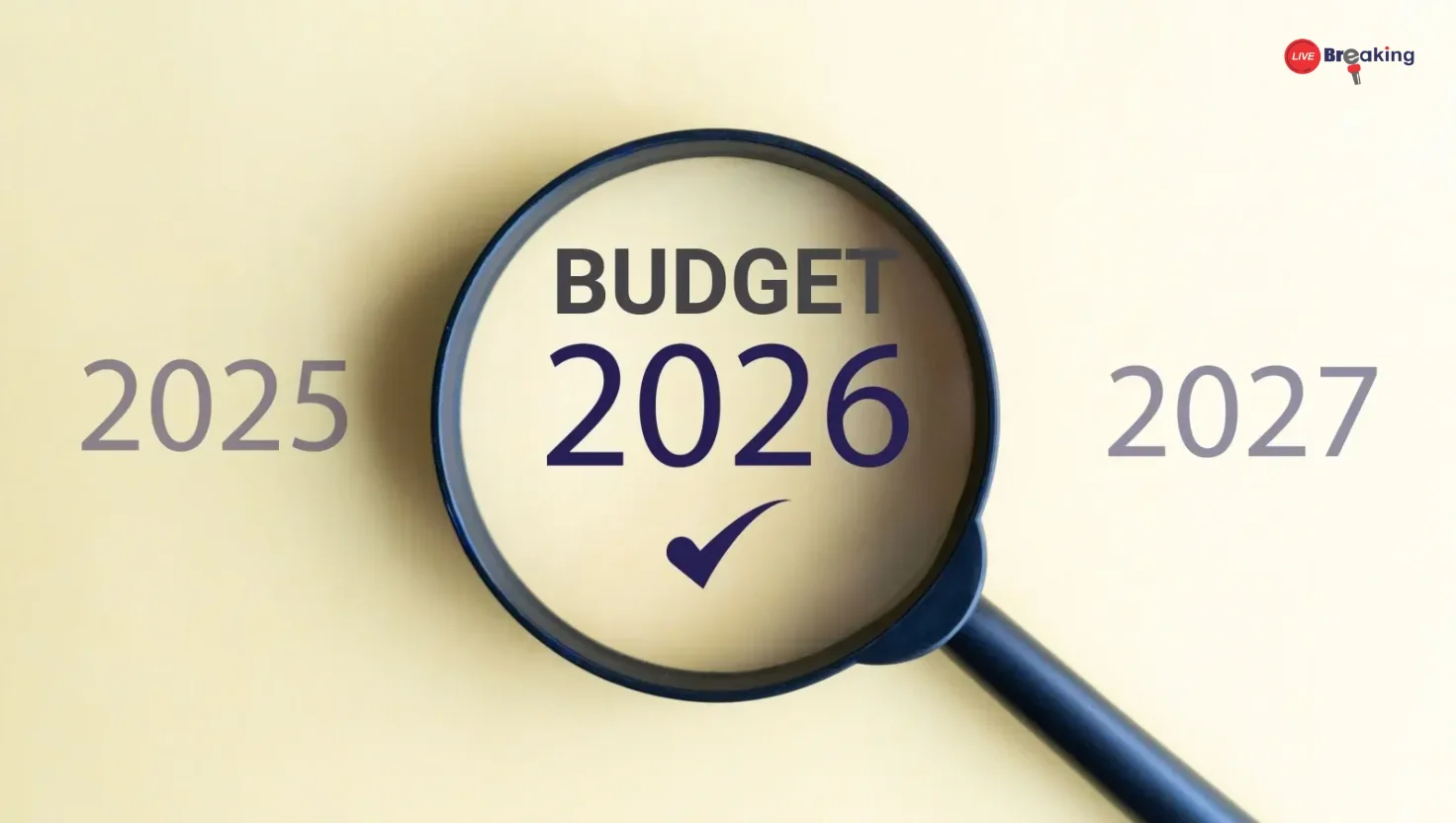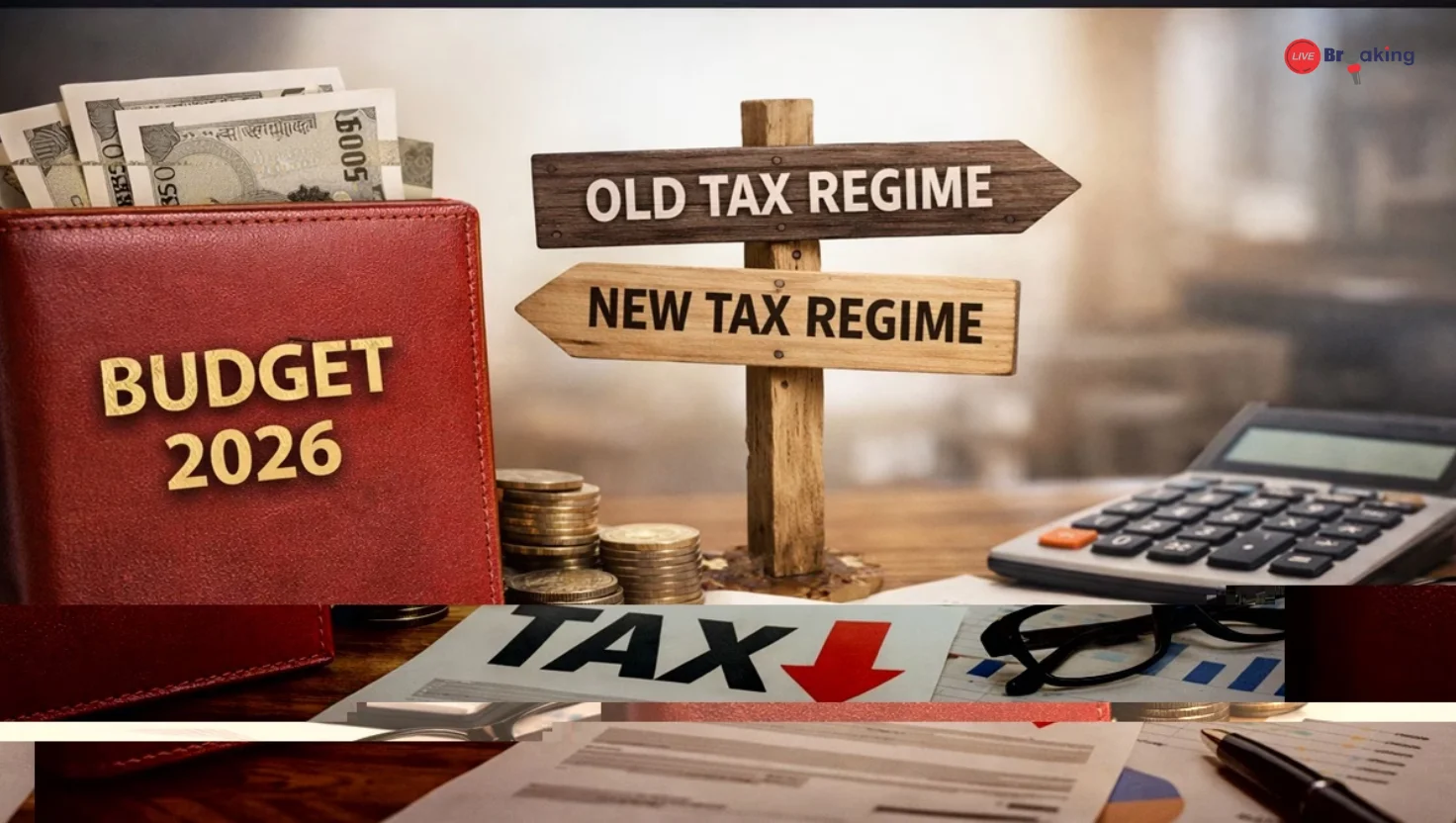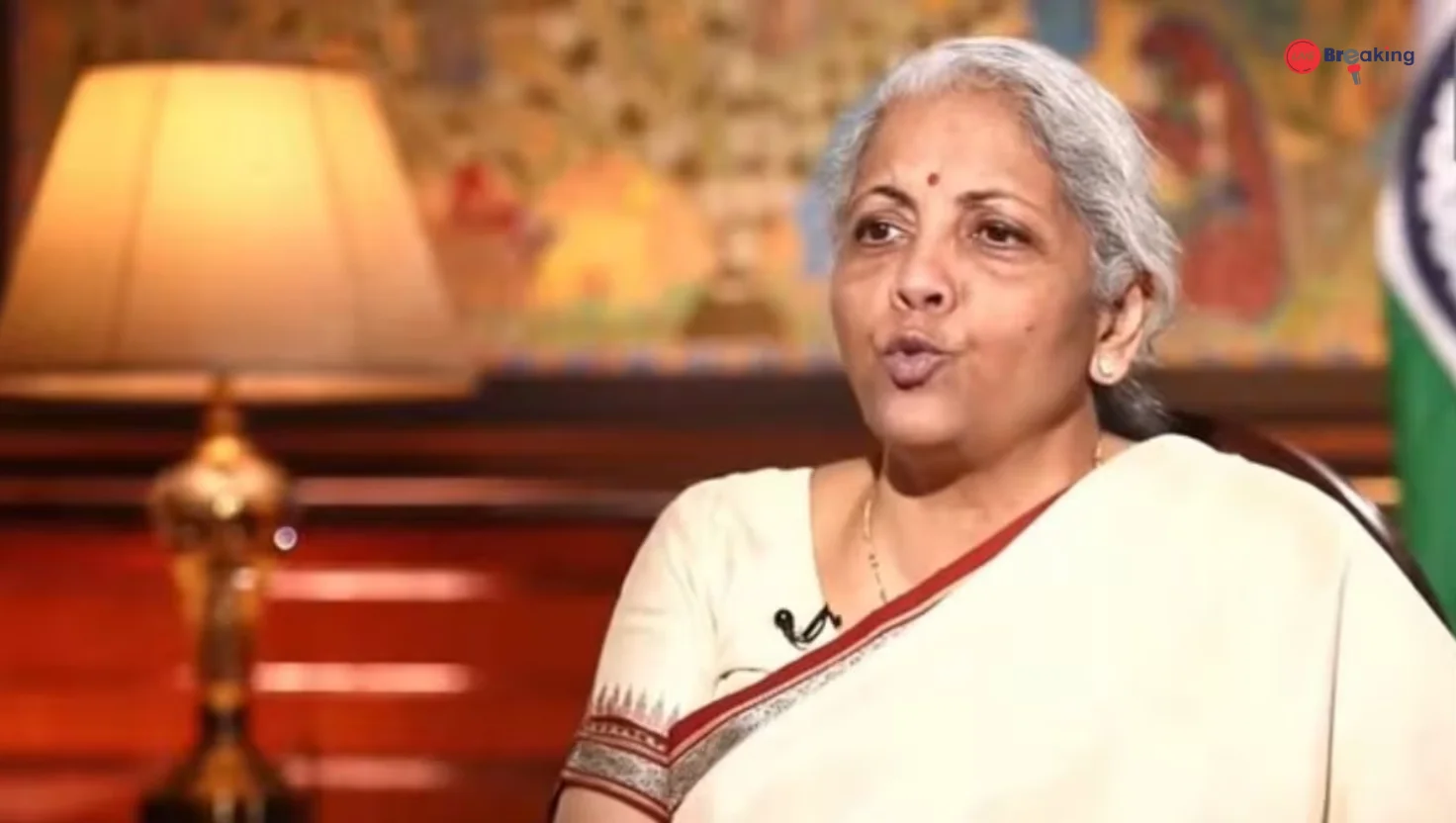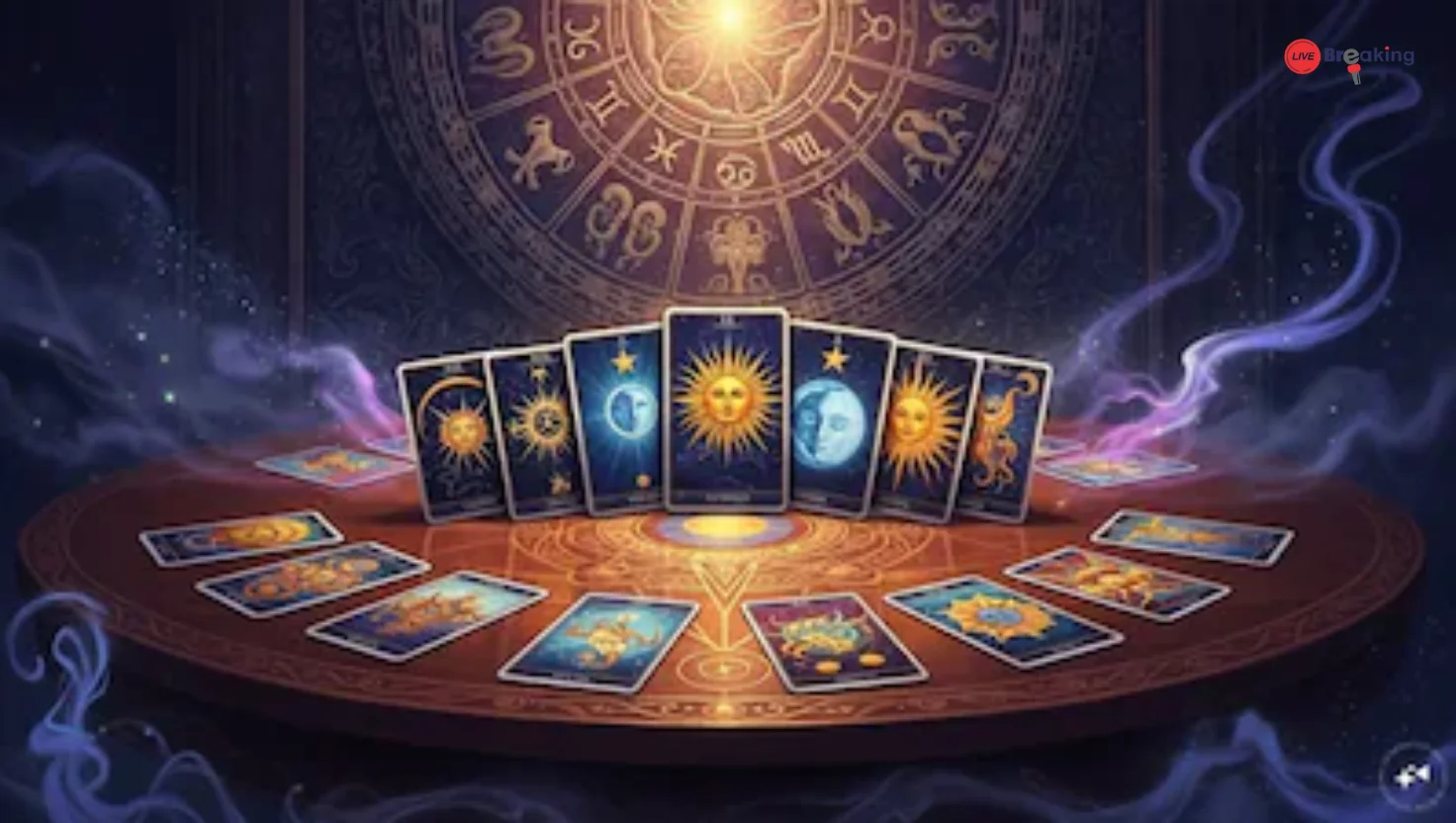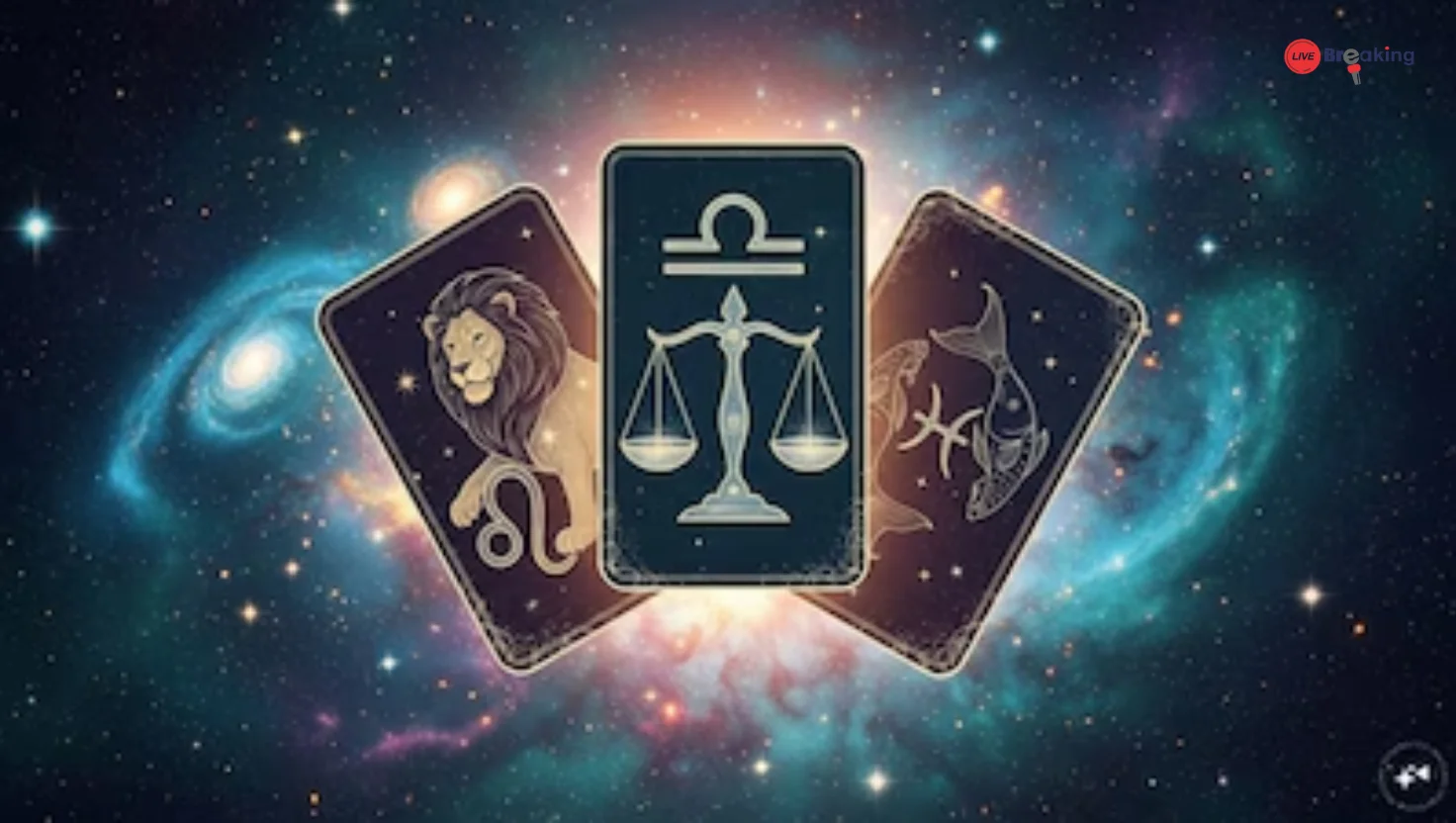Movie Nights Under New GST – Savings or Extra Burden?
The recent overhaul of the Goods and Services Tax (GST) is being felt across several sectors of the economy—ranging from household essentials to luxury items. But one area that directly impacts the urban youth and families alike is the cost of entertainment. A movie date, once considered a simple evening plan, now finds itself at the center of calculations on how GST rate changes affect cinema tickets, food, and beverages.
So, what exactly does a movie date cost under the new GST regime? Let’s break it down step by step.
Cinema Tickets Under the New GST
Earlier, movie tickets attracted varied tax rates depending on the price range. Higher-end multiplexes often charged 28% GST, while smaller theaters operated at a lower slab. The new system, however, simplifies the slabs, bringing most entertainment services under the 18% category.
-
Single-screen theaters and regional cinemas are expected to benefit from this, as their ticket prices often fall in the mid-range and will likely see reduced taxation.
-
Multiplex tickets in urban centers, which earlier bore the brunt of the higher 28% slab, are now less burdened. An ₹300 ticket, for instance, may now come down slightly when adjusted under the new rate structure.
This change could make cinema outings marginally more affordable, especially in metropolitan areas where ticket prices had previously soared.
The Popcorn Factor: Food and Beverages
For many, a movie date isn’t complete without a tub of popcorn, a cold drink, or a quick snack. Interestingly, the GST revamp has also touched upon food and beverages served at cinemas.
-
Items like soft drinks, packaged juices, and bottled water now mostly fall under the 18% slab, aligning with standard GST categories.
-
Popcorn, nachos, and ready-to-eat snacks, often seen as luxury add-ons at multiplexes, will also attract similar taxation.
-
On the brighter side, some basic food items like tea and coffee may fall under the 5% or 12% slab, making them slightly less expensive than before.
Read more: Bigg Boss 19: Gaurav Khanna Reveals His Wish to Be a Father, Says Wife Isn’t Ready Yet
So, while ticket prices may dip a little, the food-and-beverage bill might remain nearly the same—continuing to be the costliest part of a movie date.
Transport and Parking Costs Add Up
A typical movie date doesn’t end with tickets and snacks. Most people also incur travel costs—whether via public transport, ride-hailing apps, or fuel for personal vehicles. Since fuel is not yet under GST, this remains unaffected by the new tax regime.
However, app-based cab rides and services fall under the 5% GST category, ensuring that getting to and from the theater is not heavily impacted. Parking fees charged at malls and multiplexes, if billed officially, may also attract GST, though this is usually minimal compared to other expenses.
Breaking Down the Average Movie Date
Let’s consider a simple scenario for a couple going on a movie date in a metropolitan city under the new GST rates:
-
Two movie tickets at ₹300 each = ₹600 + 18% GST = ₹708
-
Popcorn combo (large popcorn + 2 drinks) = ₹500 + 18% GST = ₹590
-
Parking charges = ₹50 (subject to GST in some cases)
-
Cab ride home = ₹200 + 5% GST = ₹210
Total Estimated Cost: ~₹1,560 for two people.
This is a slight reduction from earlier, when tickets alone could cost significantly more due to the higher 28% slab. The relief, however, is not drastic—while tickets may become more affordable, the F&B pricing strategy of multiplexes ensures that the overall bill still remains on the higher side.
Industry Impact: More Footfalls or Just Marginal Relief?
For the film industry and multiplex owners, the new GST structure offers an opportunity to draw in larger audiences. Lower ticket prices could encourage more families and college-goers to choose cinemas over streaming platforms.
However, whether this translates into a surge in footfalls depends on how aggressively theaters pass on the benefit to consumers. If cinema owners continue to keep ticket prices high while absorbing the tax advantage, the impact for audiences may remain limited.
Read more: Monsoon Muse: Shweta Tiwari Blooms in Floral Elegance
The Verdict: Easier on the Pocket, But Not a Game-Changer
The GST overhaul has undeniably made a movie date somewhat lighter on the wallet, especially in terms of ticket prices. But when you add the unavoidable extras—snacks, transport, and incidental costs—the total bill still hovers around the same range as before.
For regular moviegoers, this is a welcome though modest relief. For occasional visitors, the experience remains a premium outing. Ultimately, while GST reforms have simplified the tax structure, the quintessential movie date is still a blend of entertainment, indulgence, and expense.





